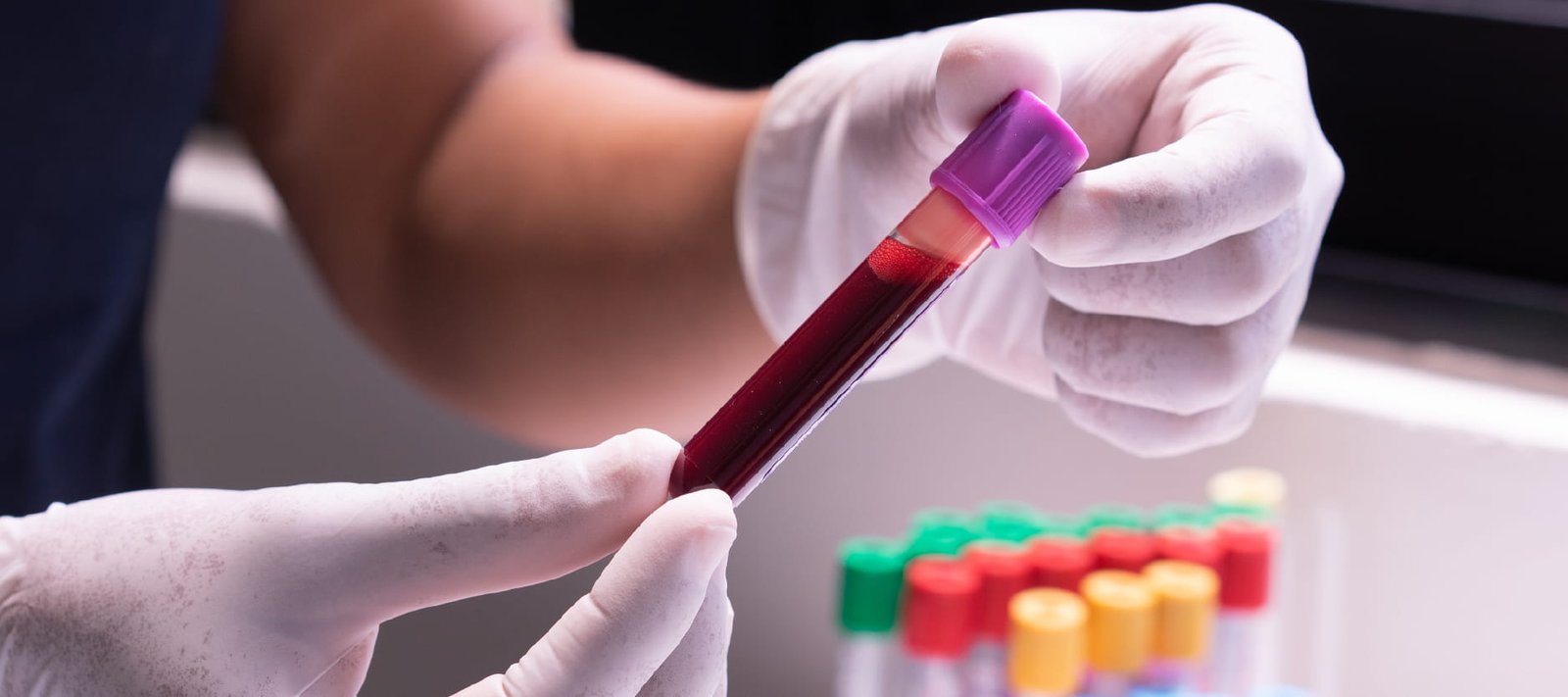Blood test analysis is a helpful way to check how your body is working. It gives doctors important information about your health. By looking at your blood, they can find out if your organs are doing their job and if your body has enough vitamins, minerals, and other important substances. Blood tests can also show signs of disease before you even feel sick.
Many people get blood tests during regular check-ups or when they feel unwell. A small sample of blood is taken, usually from the arm, and sent to a lab. Experts there look for many things like red and white blood cell counts, sugar levels, and more.
Blood test analysis helps doctors understand what’s going on inside the body without needing surgery. It can catch problems early so they can be treated before they get worse. This makes blood testing a powerful tool for keeping you healthy.
Regular blood tests are not only for people who are sick. They can also be used to check that a treatment is working or to track how a health condition is changing over time.
What Blood Tests Can Show About the Body
Blood test analysis checks many different things to give a clear picture of your health. Each type of test looks at something specific in your blood.
Common Tests and What They Measure
Some common blood tests include the complete blood count (CBC), which checks your red and white blood cells. Red blood cells carry oxygen, while white cells help fight infection. If your red blood cell count is low, you might feel tired. If white cells are too high, you could have an infection.
Another useful test is the blood sugar test, which checks how much glucose is in your blood. This is important for people who may have diabetes. Too much sugar in your blood can be harmful over time.
There are also cholesterol tests. These look at fats in your blood that can affect your heart health. High levels of bad cholesterol can raise the risk of heart disease.
These tests are simple but give a lot of useful information about your body’s health. They help your doctor know what’s working well and what may need attention.
How Blood Test Results Are Used
Once your blood is tested, your doctor reviews the results. Each test has a normal range. If your numbers are too high or too low, it could mean there’s a problem.
For example, if your vitamin D levels are low, your doctor might suggest spending more time in sunlight or taking supplements. If your liver enzymes are too high, more tests may be needed to check if your liver is healthy.
Blood test results help doctors decide on the best steps to take. They might suggest changes to your diet, exercise routine, or give you medicine. Sometimes, more testing is needed to fully understand what the results mean.
Getting a blood test is like opening a window into your body’s health. It shows what can’t be seen from the outside.
Why Blood Test Analysis Is Important
Blood tests are more than just a routine check. They play a key role in catching health problems early.
Spotting Health Problems Early
One of the biggest benefits of blood test analysis is that it can find problems before you feel sick. Early signs of conditions like diabetes, anemia, or kidney issues can show up in your blood.
By checking things like sugar levels or kidney function, doctors can start treatment right away. This can help stop the problem from getting worse. Early care often leads to better results and helps you stay healthier in the long run.
Even if you feel fine, a blood test can show signs that your body is under stress. It’s better to catch these things early instead of waiting until symptoms appear.
Helping with Ongoing Treatment
Blood tests also help track progress when you are getting treatment. If you are taking medicine for a condition like high blood pressure or thyroid problems, tests show if it’s working.
Doctors use the results to adjust your treatment. If your numbers improve, the plan might be working. If not, the doctor may change the dose or try something else.
This makes blood test analysis a key part of managing long-term health problems. It gives clear facts that help guide your care in the right direction.
When You Should Get a Blood Test
Getting a blood test doesn’t always mean something is wrong. There are times when it’s helpful to have one done.
Routine Check-Ups
Doctors often suggest blood tests during yearly check-ups. These tests look for problems before they cause symptoms.
A routine test might check your cholesterol, blood sugar, and blood cell counts. If anything is off, your doctor can help you make changes early. This helps prevent serious health problems later.
Even young and healthy people can benefit from a routine blood test. It’s a good way to make sure everything inside your body is working well.
If You Feel Unwell
If you feel tired, weak, dizzy, or have other symptoms that won’t go away, a blood test can help find out why.
For example, tiredness could be from low iron, thyroid problems, or high blood sugar. Blood testing points your doctor in the right direction.
Don’t wait too long if you feel off. A simple test might be all it takes to figure out what’s wrong and get you back to feeling better.
Preparing for a Blood Test
Getting ready for a blood test is easy, but there are some things to keep in mind to make sure the results are correct.
What to Do Before the Test
Some blood tests require fasting. This means not eating or drinking anything except water for about 8 to 12 hours before your test. Your doctor will tell you if this is needed.
If you take medicine, ask your doctor if you should take it before the test. You might be told to wait or take it after the blood is drawn.
Wear short sleeves or loose clothing so it’s easier to get to your arm. Drink plenty of water unless your doctor says not to. This can help your veins show up better.
These small steps help make the blood test quick and smooth, and they help make sure the results are accurate.
What Happens During the Test
A nurse or lab technician will tie a band around your upper arm to make your veins easier to find. Then, they clean the area and insert a small needle to collect the blood.
The whole process usually takes just a few minutes. You may feel a quick pinch, but it doesn’t hurt much. Afterward, they’ll put a small bandage on your arm.
Most people can return to normal activities right away. If you feel a little dizzy, just sit down and rest for a bit.
Getting a blood test is simple, and it gives your doctor valuable information about your health.
Conclusion
Blood test analysis is a simple yet powerful way to learn about your health. It helps doctors catch problems early, guide treatment, and check if your body is working as it should.Even if you feel fine, regular blood tests can show hidden problems and keep you on the path to good health. When something doesn’t feel right, a blood test can help figure out what’s going on.By staying informed and following your doctor’s advice, blood test analysis can be a key part of living a longer and healthier life.











